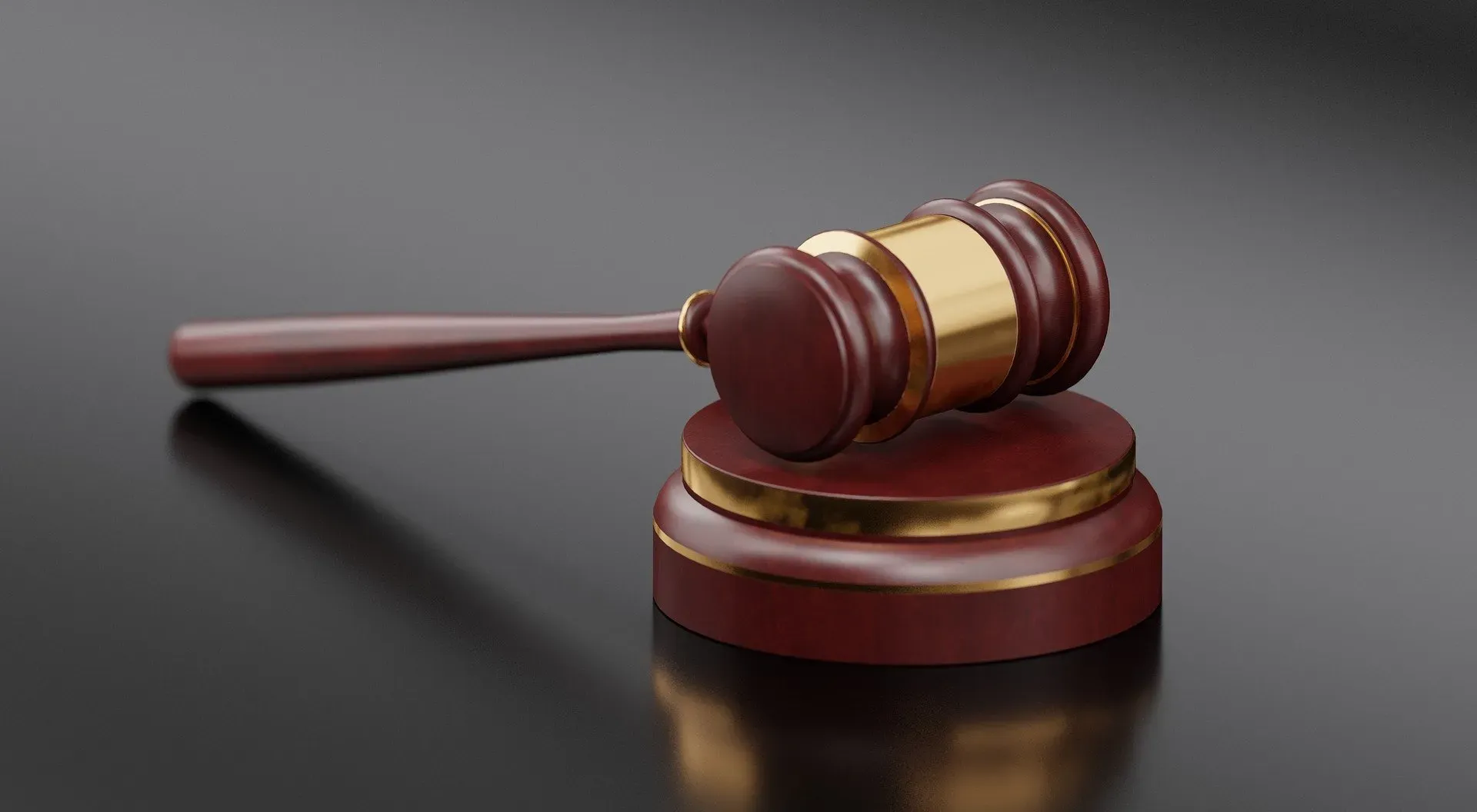Browne v Dunn is a fundamental rule of evidence and procedure in Court proceedings, coming from the 1893 English Court of Appeal decision of the same name. This rule is one of the most important in cross-examination. It is a way of ensuring that the parties afford one another procedural fairness by ensuring that each party’s case is put to the witness for the other party. Since it is generally part of the professional practice of being a lawyer, civil lawyers and criminal lawyers aware of the rule and how it applies in practice.
The Browne v Dunn rule defined
This rule provides that when a lawyer who intends to call evidence from a witness that contradicts the evidence the other party’s witness is giving, the lawyer must put the substance of the contradictory evidence to a witness and allow them to comment or respond to the evidence.
It provides the other party’s witness the chance to explain their account or respond to a point of contention that you will use as part of evidence against their claim. Doing so allows a fair laying down of facts before the court, which engenders truthfulness and equity. Basically, the rule stipulates that all parties involved must know one another’s case and allow the relevant witnesses to respond to the other witness’s evidence.
As said in the English case in Reid v Kerr (1974), “there is nothing more frustrating to a tribunal of fact than to be presented with two important bodies of evidence which are inherently opposed in substance but which, because Browne v Dunn has not been observed, have not been brought into direct opposition, and serenely pass one another by like two trains in the night.”
Compliance with the rule in Browne v Dunn

Parties must ‘put’ to an opposing witness information that they can use to contradict or discredit the witness’ testimony. Putting can be formal, using sentences that begin with “I put it to you that.” It can also be conversational, or take the form of giving an alternate viewpoint. The crucial part is that the lawyer provides an opportunity for the witness to give an explanation.
Thus, lawyers are obligated to present opposition witnesses with the story or theory that contradicts that witness’ evidence. The law clarifies, though, that lawyers need not ask redundant questions, nor are they required necessarily to present absolutely all competing evidence.
Lack of compliance with the rule
When a judge finds that a lawyer should have put their case or proposition to a witness who had finished giving their evidence, there are several ways they can remedy the situation. First, the witness can be recalled if it is possible in the circumstance.
In case the court cannot recall the witness, the judge may tell the jury (or direct themselves) to take into account this situation when assessing the evidence. They can advise the jury to consider how much weight to accord the evidence. If the case has no jury and if a judge or magistrate is the sole presiding officer, they may direct themselves to give the evidence less weight than that of presented proof.
A judge may even refuse to accept evidence if the evidence was adduced not in compliance with the rule of Browne v Dunn. This is especially true if they think the evidence would prejudice the decisions and outcome on the case. In some cases, criminal lawyers may even be disallowed from referring to the tainted Browne v Dunn evidence during the closing submissions. The court might also need to discharge the jury which may create a mistrial.
Conclusion
Failure to comply with Browne v Dunn may compromise a case completely. It can also delay proceedings, especially when juries are discharged and trials have to be later restarted. Getting experienced legal counsel is vital to avoid this situation.
For high quality, deliberately different legal representation in Canberra, Queanbeyan, Goulburn, Wollongong and surrounds, turn to Andrew Byrnes Law Group today. Our criminal lawyers are experienced at handling everything from high-profile cases to small cases – nothing is too big or too small for us. Get in touch with us today for more information about how we can help you.
'
Date:
May 25, 2025
Author:
Andrew Byrnes
/
Managing Partner





















.jpg)
.jpg)
.jpg)
.jpg)

